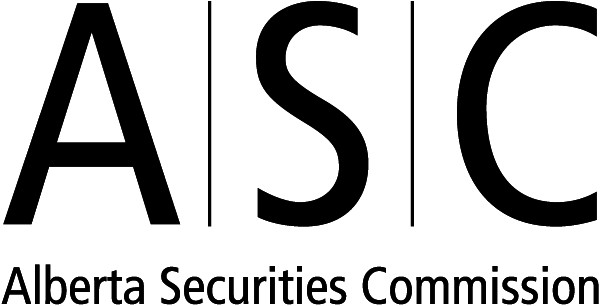Crowdfunding
Disclaimer: The following information is intended only as general introductory information to address some common questions. It is not intended to be and must not be relied on as legal advice. Please refer to the specific provisions of Alberta securities laws. We encourage you to seek legal advice from legal counsel familiar with Alberta securities laws.
Level up your business with crowdfunding
Crowdfunding uses the internet to raise small amounts of money from a large number of people, typically through a website or social media.
There are three main types of crowdfunding:
- Raising money by donation.
- Pre-selling of products.
- The sale of shares or other securities.
Securities law applies to crowdfunding that involves the sale of securities (e.g. shares, loans or digital tokens). National Instrument 45-110 Start-up Crowdfunding Registration and Prospectus Exemptions allows for an inexpensive way for start-ups and small businesses to raise up to $1.5 million annually using a legal online portal.
Using crowdfunding to raise money for your small businesses
In Canada, businesses can use an online funding portal to raise up to $1.5 million annually.
- Investors can contribute up to $2,500 or, if suitability advice is obtained from a registered dealer, up to $10,000.
- The online crowdfunding portal must be operated in Canada by a registered dealer or have received an exemption from the provincial securities regulators in the jurisdictions in which it operates.
Check to see if the online funding portal you plan to use is legal in Canada by accessing the Canadian Securities Administrators National Registration Search. Enter the name of the crowdfunding portal and the search result will show the jurisdictions in Canada where that platform is allowed to operate and whether it is operated by a registered dealer or if it received a crowdfunding exemption.
To avoid your business and potential investors being defrauded, it is critical that you check the portal’s registration or exemption status through this website, or contact your local securities regulator, before using a crowdfunding portal to raise money for your business.
There are three forms you need to complete when using crowdfunding to raise money for your small business. You can access the forms from the crowdfunding regulatory instrument section of this website.
- Form 45-110F1 - A simple disclosure document must be prepared using a prescribed form and given to the funding portal to make available to potential investors. The disclosure document must specify how the business intends to used the funds raised and the minimum amount required. If the minimum amount is not raised within 90 days, the funding portal must return the money to the investors.
- Form 45-110F2 - Investors must complete a risk acknowledgement using a prescribed form and provide it to the funding portal. This document requires the investor to acknowledge the risks of the investment and confirm they have read and understood the disclosure document.
- Form 45-106F1 - Within 30 days of closing the crowdfunding capital raise, the business must file a report of exempt distribution using a prescribed form as well as the disclosure document referenced above (Form 45-110F1) using the Canadian Securities Administrators SEDAR+ system.
More information on businesses interested in using crowdfunding to raise money is available in the Guide for Businesses.
Alberta has several funding portals offering securities under the start-up crowdfunding regime:
| Portal name | Registration category |
| Atlas One Digital Securities Inc. | Exempt Market Dealer |
| Backers Securities Inc. | Start-Up Crowdfunding Portal - Exemption |
| Capiche Crowdfunding |
Start-Up Crowdfunding Portal - Exemption |
| Equivesto Canada |
Exempt Market Dealer |
| FrontFundr Financial Services |
Exempt Market Dealer |
| Go Alberta Crowdfunding (Go Alberta Connect Corp.) |
Start-Up Crowdfunding Portal - Exemption |
| GoTroo (CrowdCo Inc.) |
Start-Up Crowdfunding Portal - Exemption |
| Launch Crowdfunding |
Start-Up Crowdfunding Portal - Exemption |
| Reitium Crowdfunding (1383364 B.C. LTD) |
Start-Up Crowdfunding Portal - Exemption |
| Stockosaurus Crowdfunding | Start-Up Crowdfunding Portal - Exemption |
| Vested Technology Corp. |
Start-Up Crowdfunding Portal - Exemption |
Crowdfunding allows start-ups and small businesses to raise small amounts of money from many investors.
Participating as an investor through crowdfunding comes with higher risks. Consider your risk tolerance before deciding to invest. Can you afford to lose all your invested money? It’s a real possibility.
However, participating in crowdfunding can be a way to support innovation and become part of a community of entrepreneurs. It’s exciting to get in on the ground floor of a growing company.
Visit CheckFirst.ca for information about crowdfunding and what you should consider before investing. You can also read the Guide for Investors.






